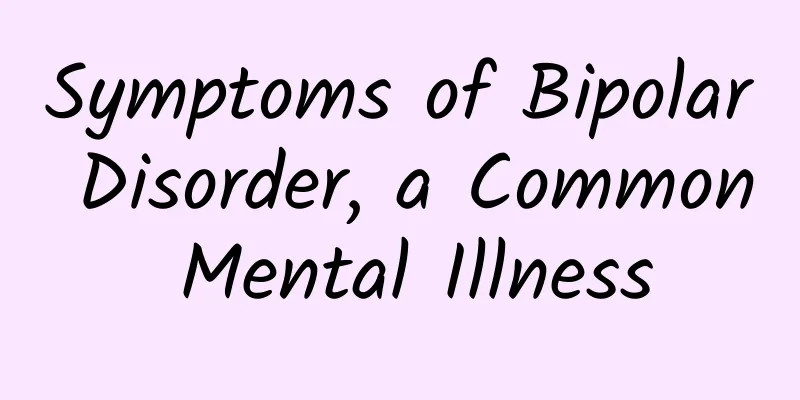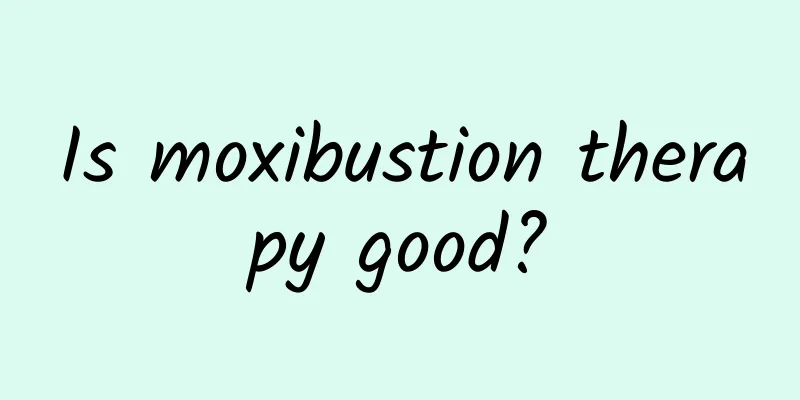What to do if your baby vomits after taking medicine

|
When a child is sick, he or she may need medication. The issue of taking medicine is one of the most headaches for parents. Sometimes parents spend a lot of effort to get their baby to take medicine, but the child vomits after a while. There are many reasons why children vomit after taking medicine, such as incorrect feeding posture, the medicine is too sensitive and irritates the stomach and intestines, or the child’s illness is related to nausea and vomiting, etc. What to do if your baby vomits after taking medicine 1. Caused by incorrect posture. Incorrect posture for feeding medicine may result in the medicine not entering the stomach smoothly. When we change the child's sitting position, the medicine will be vomited out. This requires us to use the correct posture for feeding medicine. 2. Caused by overly sensitive taste. Some children are born with a sensitive sense of taste and are very picky about food. It is impossible for them to have too much to eat. If this is the case, we can increase the child's taste training on a daily basis and let him eat more bitter, spicy, sour and sweet foods. 3. Vomiting caused by the disease itself. Some children suffer from gastroenteritis or other inflammations, and the disease itself has vomiting symptoms. In this case, when parents give their children medicine, they should try to take it with a small amount of water to reduce the possibility of vomiting. 4. The drug is very irritating to the stomach. Some medicines may be very irritating to the stomach, so we should try our best to ensure that there is food in the child's stomach. This will provide a buffer for the medicine to a great extent, will not irritate the stomach too much, and will avoid vomiting. 5. Feeling nauseous. Children may feel nauseous and vomit when taking medicine due to the smell of the medicine. If this is a real problem, we can mix the medicine with some drinks such as fruit juice. 6. Taking medicine at the wrong time. There are also rules for taking medicines. Different medicines should be taken at different times. Otherwise, not only will the effect not be achieved, but it may also cause harm to the body. Therefore, read the instructions carefully and be sure to take them before, during or after meals. 7. Improper method of taking the medicine. Some medicines need to be taken with water, some cannot be taken with water, and some are sugar-coated tablets, which will be very bitter when crushed. Therefore, it is necessary to use the correct method of taking the medicine to achieve better effect. |
<<: Tips for helping babies cough up phlegm
>>: What medicine should I take for my baby's vomiting?
Recommend
What are the effects and functions of sea sparrows
Traditional Chinese medicine is everywhere in peo...
Can hot compressing the navel help lose weight? What are the weight loss methods?
In life, if people use hot compress to lose weigh...
Symptoms of Liver and Gallbladder Fire
The liver and gallbladder play a very important r...
The cold is gone and there is yellow mucus in the nose
Many people will have this feeling that when a co...
The impact of Toxoplasma on the fetus can cause fetal death
Generally speaking, if a normal person is infecte...
Understand the real reason why cupping causes blisters
Introduction: Weight loss has become a topic of g...
What should I do if I eat seafood while taking Chinese medicine?
When you are sick, you need to use medicine to tr...
The man with the best body must be red, bright, thick and soft
Everyone knows that when you go to see a Chinese ...
Signs and symptoms of calcium deficiency in children
Children's growth and development are particu...
Scutellaria baicalensis for bad breath
There should be many treatments for bad breath, s...
What to do if you feel a little depressed
Emotions affect our lives, such as happiness, ang...
What to do if your baby accidentally swallows plasticine
Plasticine is a toy that many babies like to play...
What are the symptoms of hepatobiliary stones?
Stones can appear in many parts of the body, the ...
Causes of facial subcutaneous fat atrophy
The harm caused by facial subcutaneous fat atroph...
How to treat snoring?
For some people, snoring is a sleeping habit. The...









